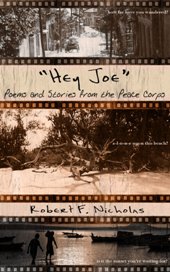 It is said we find the truth we seek. That makes it very easy to look at feedback and see it as glowingly positive when the reader may actually be trying to tell us something else. Here are a few common phrases used by readers and what they might really mean:
It is said we find the truth we seek. That makes it very easy to look at feedback and see it as glowingly positive when the reader may actually be trying to tell us something else. Here are a few common phrases used by readers and what they might really mean:
1. The story was absorbing.
I used your book to clean up something I spilled.
2. It moved along very quickly.
I skipped over quite a bit of this drivel.
3. The writing was accessible.
The author’s vocabulary is very limited.
4. The plot dynamics were intricate.
It may be time to up the author’s medication.
5. The characters were instantly relatable.
We all know boring people.
6. The style was captivating.
You know, like a train wreck you can’t help but stare at.
7. The dialogue was gritty and real.
This author knows a lot of bad words.
8. It’s easy for the reader to become immersed.
Swallowed up by a whirlpool of convoluted sentences.
9. I wondered how everything would be wrapped up.
It should be wrapped up, set on fire, and stomped out with golf cleats.
10. The ending was very satisfying.
So relieved this is over.
11. It left me wanting more.
More plot, better dialogue, better characters…
12. I am looking forward to the author’s next book.
It has GOT to be better than this one.



